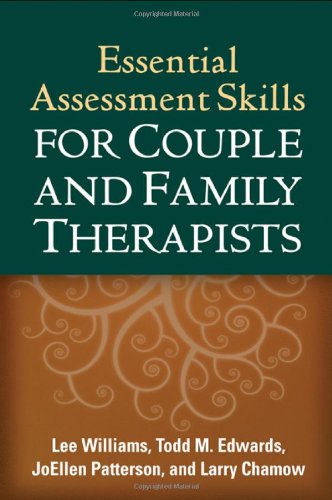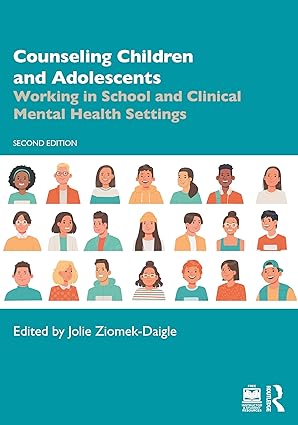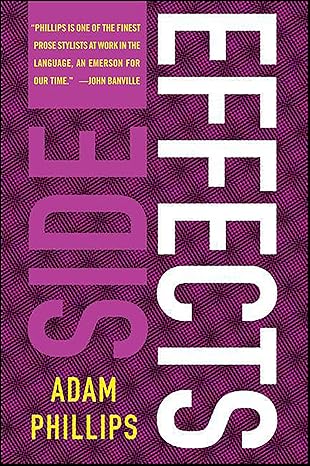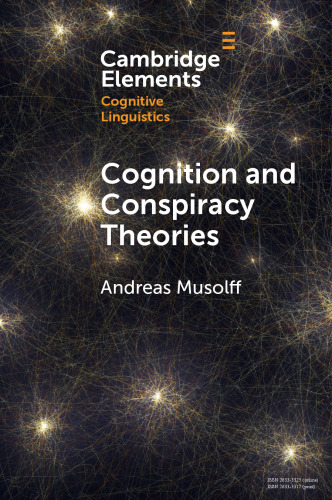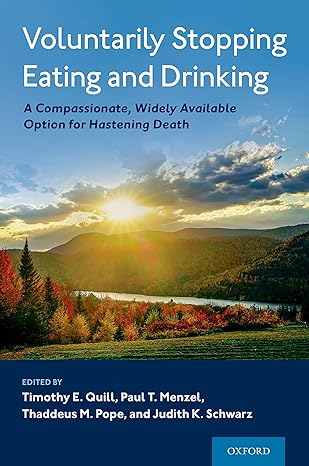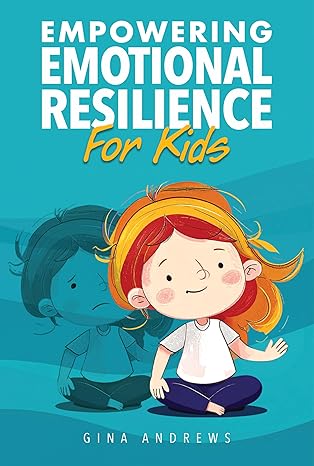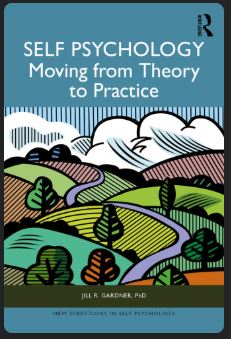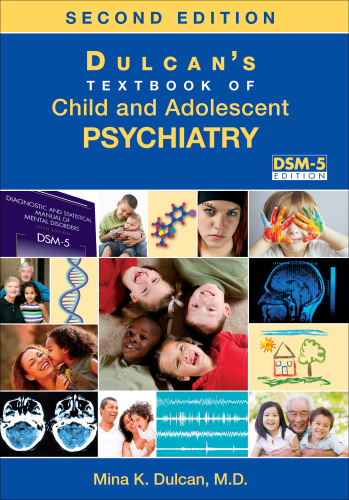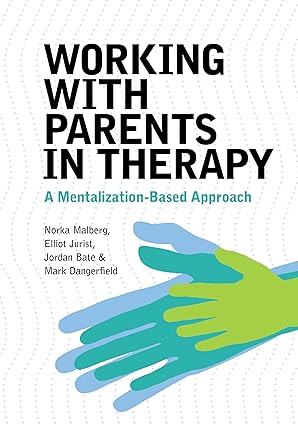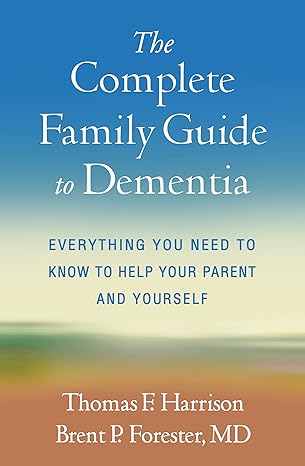Assessment is fundamentally important to therapy. In fact, it could be argued that it is the foundation upon which treatment rests. If the therapy process does not build upon a solid and accurate assessment, attempts to treat our clients can fall apart. The importance of assess- ment is evident in the number of purposes it serves. First, assessment helps you uncover what your clients expect from therapy. Obviously this will include what changes they would like to make. It may also include expectations around how therapy will be conducted. Clients may have preconceived notions of how long therapy will last or who will be included. Some clients will expect you to give them homework or specific suggestions, while others will be content simply using you to vent or as a sounding board. Understanding these expectations allows you to negotiate a viable contract for therapy. Second, assessment helps you understand how problems mani- fest and impact your clients’ lives. Both Rebecca and Jodi report being depressed. However, each is affected by her depression in different ways. Rebecca is moderately depressed, but is able to function adequately at work. Jodi, in contrast, consistently misses days of work because she cannot get out of bed. Rebecca does not have any thoughts of suicide, whereas Jodi often thinks about what it would be like to end her life
چکیده فارسی
ارزیابی اساساً برای درمان مهم است. در واقع، می توان استدلال کرد که این پایه ای است که درمان بر آن استوار است. اگر روند درمانی بر اساس ارزیابی دقیق و محکمی انجام نشود، تلاش برای درمان مراجعان ممکن است از بین برود. اهمیت ارزیابی در تعداد اهدافی که انجام می دهد مشهود است. اول، ارزیابی به شما کمک می کند تا آنچه را که مراجعان از درمان انتظار دارند، کشف کنید. بدیهی است که این شامل تغییراتی است که آنها می خواهند انجام دهند. همچنین ممکن است شامل انتظاراتی در مورد نحوه انجام درمان نیز باشد. ممکن است مراجعان تصوراتی از قبل داشته باشند که درمان چقدر طول می کشد یا چه کسی شامل خواهد شد. برخی از مشتریان از شما انتظار دارند که به آنها تکالیف یا پیشنهادات خاصی بدهید، در حالی که برخی دیگر به سادگی از شما برای بیرون کشیدن یا به عنوان یک تابلوی صدا استفاده می کنند. درک این انتظارات به شما این امکان را می دهد که برای یک قرارداد قابل قبول برای درمان مذاکره کنید. دوم، ارزیابی به شما کمک میکند تا بفهمید مشکلات چگونه بر زندگی مشتریان شما ظاهر میشوند و بر آن تأثیر میگذارند. ربکا و جودی هر دو گزارش می دهند که افسرده هستند. با این حال، هر کدام به طرق مختلف تحت تأثیر افسردگی خود قرار می گیرند. ربکا به طور متوسط افسرده است، اما می تواند به اندازه کافی در محل کار عمل کند. جودی، در مقابل، به طور مداوم روزهای کاری را از دست می دهد، زیرا نمی تواند از رختخواب خارج شود. ربکا به خودکشی فکر نمی کند، در حالی که جودی اغلب به این فکر می کند که پایان دادن به زندگی خود چگونه خواهد بود
ادامه ...
بستن ...
Author(s): Lee Williams, Todd M. Edwards , JoEllen Patterson, Larry Chamow
Series: The Guilford Family Therapy Series
Publisher: The Guilford Press, Year: 2011
ISBN: 1609180798,9781609180799
ادامه ...
بستن ...
